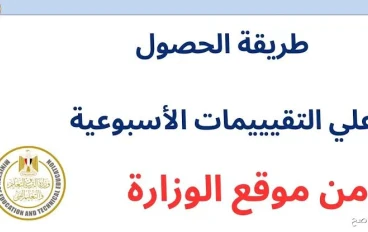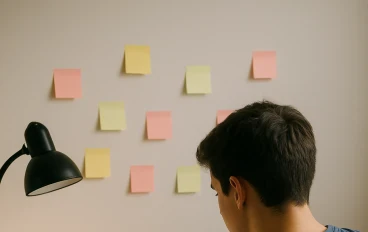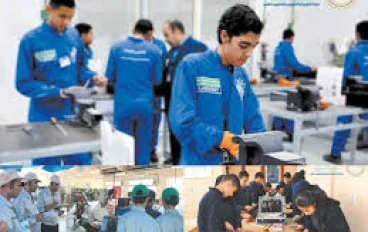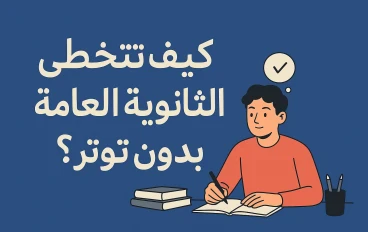
شرح قاعدة Deduction الاستنتاج للصف الثالث الثانوي
Deduction الاستنتاج
الاستنتاج من القواعد البسيطة والتي تأتي الامتحان.
يوجد فى الجملة معلومة على أساسها نستنتج أحد هذه الأشياء
من المؤكد حدوث الشيء
من المستحيل حدوثه
ربما أو من المحتمل حدوث الشيء
Must + مصدر الفعل inf
من المؤكد أن لعمل استنتاج شبه مؤكد مثبت فى المضارع
Ali has a very expensive car . He must be rich .
Heba goes to this company every day. She must work there.
I'm sure, Hany is a doctor.
يمكن الاستغناء عن I'm sure
Hany must be a doctor.
That must be Ahmed. I told him to come at seven o'clock.
Can't + مصدر الفعل inf
من المستحيل لعمل استنتاج شبه مؤكد منفى في المضارع و المستقبل
Ali has a large villa.
He can't be poor.
Ahmed works in a hospital.
He can't be a teacher.
I'm sure, Hany isn't an engineer.
يمكن استخدام can't بدلاً من I'm sure فتصبح الجملة
Hany can't be an engineer.
He doesn't speak Arabic. He can't be Egyptian.
May ربما أو من المحتمل لعمل استنتاج غير مؤكد فى المضارع و المستقبل
Might
Could
I'm not sure where Ahmed is . He might be at home .
Heba may be a doctor. I have no idea.
Perhaps, They will visit us tonight.
They may visit us tonight.
must have + p.p
من المؤكد أن لعمل استنتاج شبه مؤكد مثبت فى الماضى
They were happy after the match yesterday. They must have won the match.
Can't have + p.p
من المستحيل أن لعمل استنتاج شبه مؤكد منفى في الماضى
Yasser was in the hospital yesterday.
He can't have played the match.
You can't have seen Tarek this morning. He is still in Paris.
May have + p.p
Might have + p.p
Could have + p.p
ربما أو من المحتمل لعمل استنتاج غير مؤكد فى الماضى
I didn't meet Khalid last night. He might have gone to Aswan.
Hany may have been to Alexandria yesterday. I have no idea.
ملحوظه
Could have + p.p
بالإضافة إلى معناها الحقيقي ربما أو من المحتمل لعمل استنتاج غير مؤكد فى الماضى لها معنى آخر وهو كان من الممكن حدوث الشيء ولكنه لم يحدث
We went to the cinema last night, but we could have gone to the theater.




































